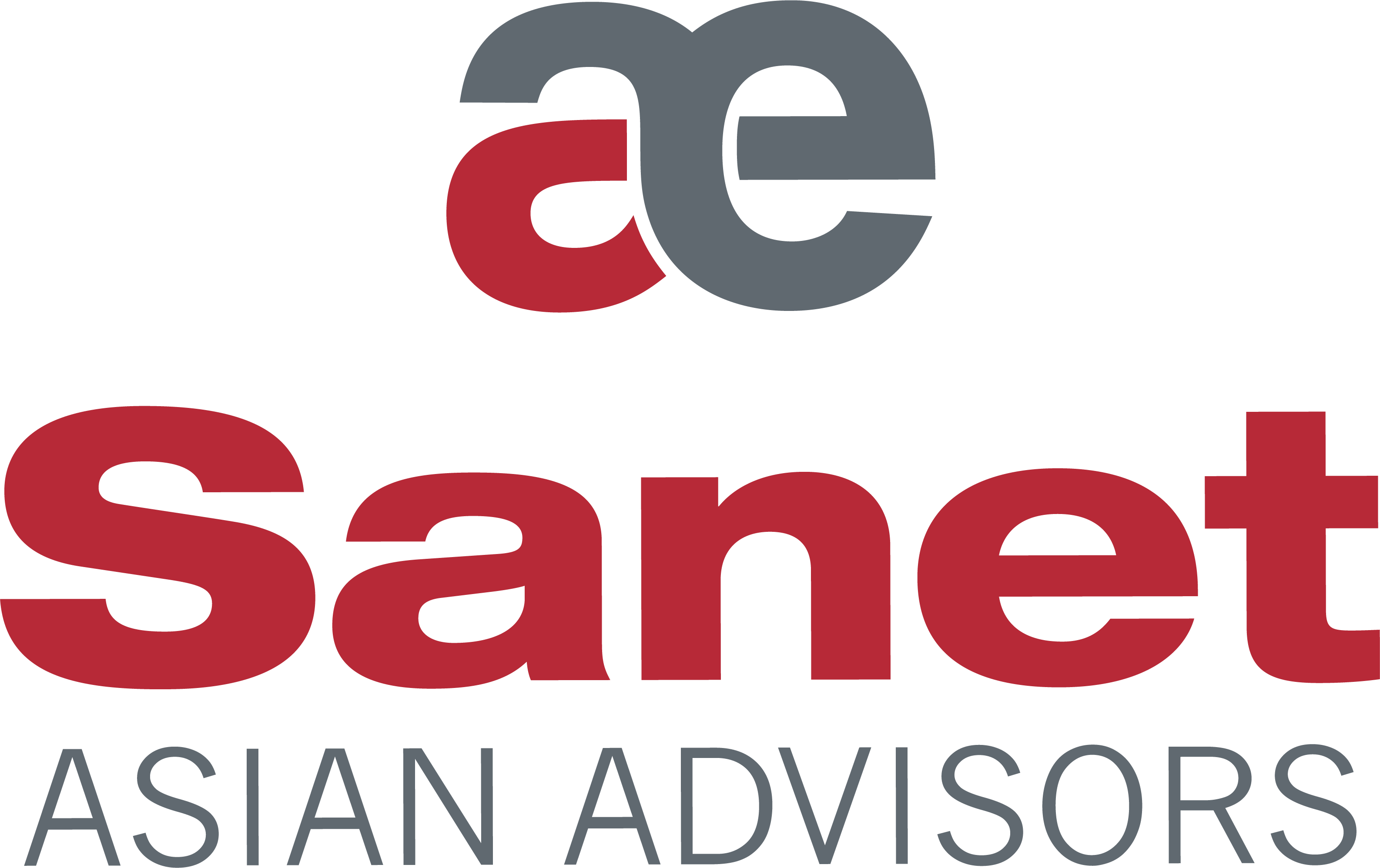Sanet Blog
ASEAN sales: Organize centrally, sell locally
China’s economy is weakening. Imports are declining. The ASEAN countries will become the most secure export market in the coming decades. Singapore, Malaysia, Thailand, and the Philippines are already developed, industrialized countries with 200 million affluent consumers. With Indonesia and Vietnam, there are 300 million inhabitants as future markets on the threshold of industrialization. In 2015 they joined with AEC, the second largest economic union in the world.
On dogs, cats and employees’ loyalty
Recently I learned the difference between dogs and cats in an interesting way: if you praise a dog for its efforts in a game it will be greatly encouraged. It will work all the harder in order to receive further praise as a reward. It is happy.
Its behavior conveys the message: “My owner loves me. He/she is my god!” On the other hand if you praise and caress a cat, it will purr with pleasure, stretch and think: “My owner loves me. I believe I am god!” And then the cat does exactly what it wants.
Thailand – the Hong Kong of Southeast Asia?
After Thailand had already lowered the general corporate tax to 20%, a new framework for the support measures provided by the country’s Board of Investment (BOI) has been in place since since January 2015. As usual, it is binding and comprehensive. Because it goes into more detail than the previous version, a more thorough analysis will be worthwhile. In addition, the country is also offering new tax incentives as a platform for commercial enterprises.
Internationalization: “The Sanet Hedging Strategy for Investments in Asia”
That the Asian economic area is likely the most lasting growth market for the next decades is well known among export-oriented companies. It is conspicuous that especially German SME’s (Small and Medium Enterprises) put “Asia” on the same level with “China”. Unlike the former colonial power states of France, England and the Netherlands, established bonds with optional countries like Malaysia, Indonesia, Thailand or Vietnam are obviously lacking.
ASIA BRIDGE February 2012: “China vs ASEAN”
For German companies, Asian engagement mainly represents entering the Chinese market. Interestingly enough, experts note that most of the German investors in China have not sent back home a single Euro yet. This factor, relevant as it might be, does not seem to play a relevant role in the location selection for the Asiatic economic region.
‘The business unit’ as a low-cost entry into the ASEAN markets
That’s how you can establish a presence in Thailand, Vietnam or Indonesia.
The falling exchange rate of the euro and the ASEAN Economic Community (AEC), which became a reality on 1 January 2015 ensure that Southeast Asia, with its more than 600 million consumers, is an increasingly attractive market for the German economy. However, getting started must be well conceived and prepared.
Denk: “More dedication, please!”
The economic crisis has clearly been in the minds of entrepreneurs: Growth will be generated all over Asia in the future. Germans, in the past, were too hesitant in engaging with the ASEAN states.
Denk: “For good relations”
It’s not exactly a rare occurrence that German companies get quite surprised when their sales efforts in Asia end up in disappointment: success eludes them and the reasons for this remain concealed. And in most cases, the decisive factors accounting for the success or failure of companies in this region are just a few small “sins”.
